Client Centered Animal Care
Reach Our Office
Get Directions
Fear Free Routine Preventive Care
When you’re in need of exceptional animal care in Franklin, TN, bring your pet to South Franklin Animal Hospital in Franklin, TN. Our office provides an extensive range of veterinary services to ensure your four-legged friend’s health is always optimal.
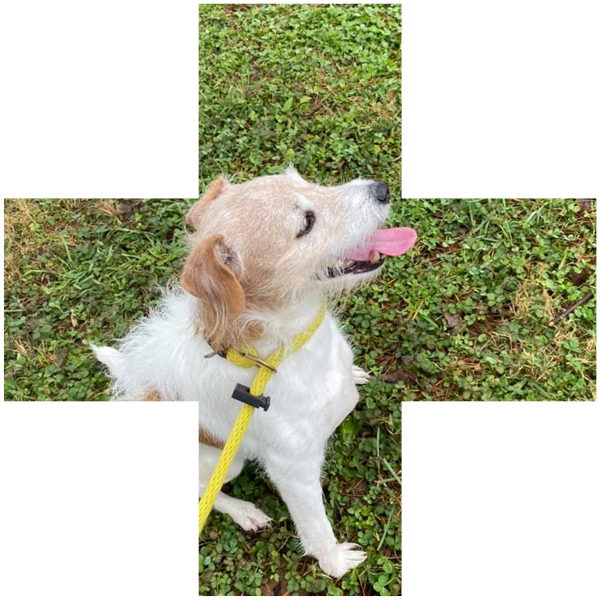
Routine Preventative Care
It is important for your pet to receive routine checkups just like it is for you. A complete physical examination for your pet may uncover health issues or concerns. It allows us to make sure that your pet is healthy and also allows us to catch any health problems before they become serious. You should bring your dog or cat in for a checkup at least once a year, and once every 6 months for older pets. Especially when you think about how fast a pet’s metabolism and aging process occurs.
Bloodwork & Diagnostic Work
Blood work is also recommended to ensure our pet’s internal health. Routine, yearly blood work includes a complete blood count, chemistry panel, and urinalysis. Depending on age and/or concerns electrolytes, t4 level, or Cardiopet test may be performed.
Routine Fecal Flotation by Centrifugation & Fecal Giardia
Starting in 2012, SFAH started doing all fecal flotations by a method called centrifugation. Although more samples are needed and may take 24 hours for results, this is the best method for intestinal parasite diagnosis. This is the method supported by the CDC for confirmation of parasites in animals.
Vaccinations
Heartworm, Flea & Tick Prevention
Preventative care as the best medicine will always be offered. If these tests/care cannot be performed now, consider at a later date.
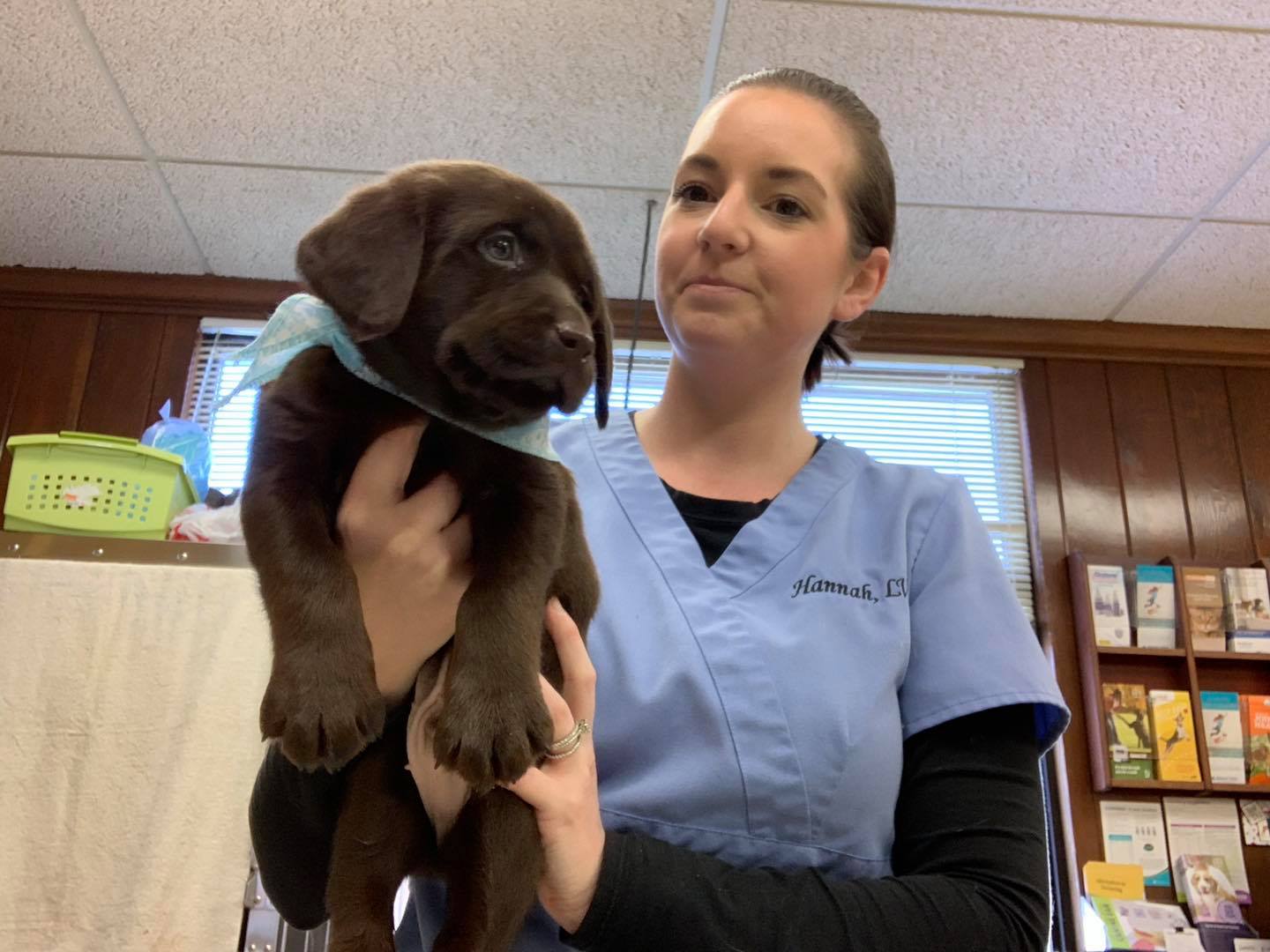
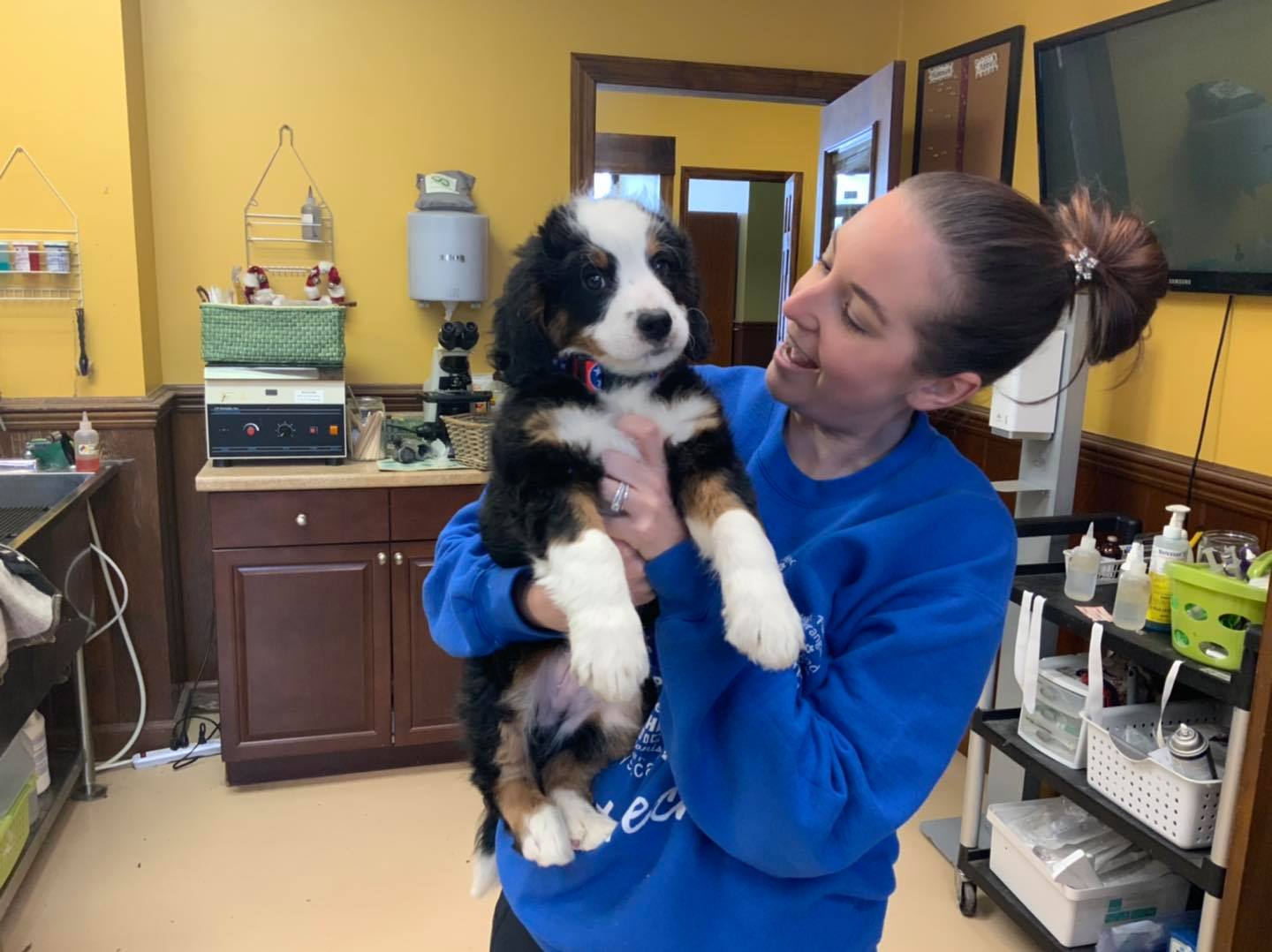
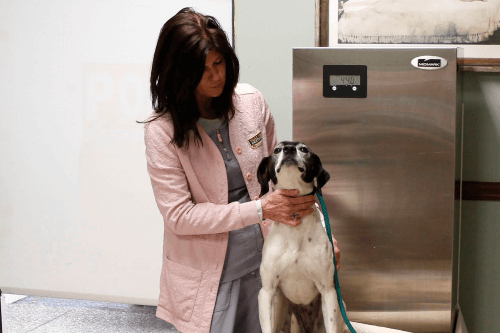
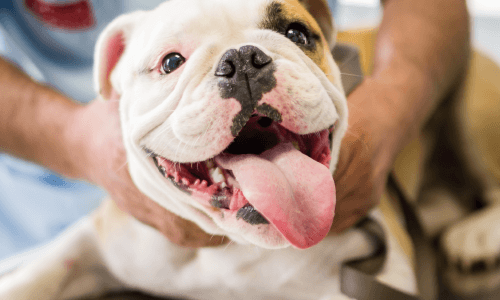
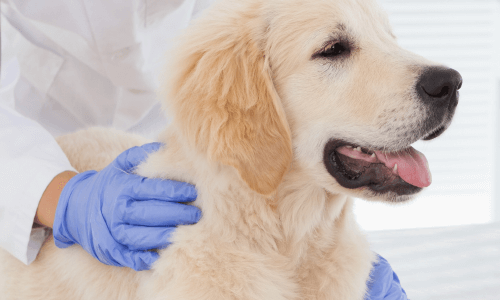
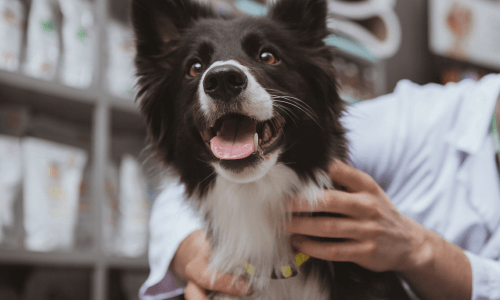
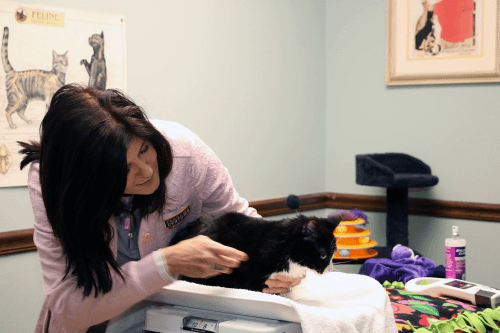
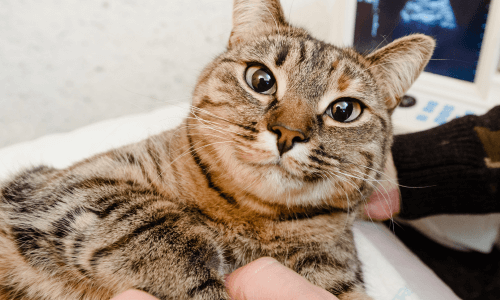
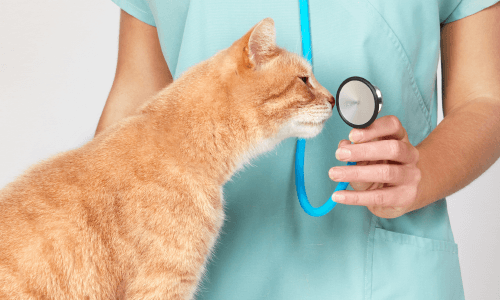
Microchip Identification
What is a Microchip? A microchip is a safe, simple and permanent form of pet identification to immediately identify lost pets and quickly reunite them with their owners. The microchip is injected under your pet’s skin over the shoulders. Each chip contains a unique barcode (much like those seen on products in stores). The chip is gentle to the tissues, and does not cause a reaction to the body. When a scanner is passed over the pet, the barcode is read.
At SFAH we use the Google or Save the life chip. This chip gives a number that is specific to prompt a Google app with specific information on your pet and pet’s location. Our chip is a one time fee for life registration. If you have a current chip, you can re register under Save the life chip or Google chip. Ask us!
For more information, please visit https://www.savethislife.com/.
Emergency Medical Care
We refer our emergencies to Nashville Veterinary Services {NVS}. Both of these facilities are equipped and staffed for any and all emergencies that might arise after hours. The doctors and staff are specialized in emergency care, and are available for 24 hour monitoring of the critical patient.
Euthanasia Services
We are terribly sorry for this difficult time. South Franklin Animal Hospital offers euthanasia services at home and in our office. Our compassionate staff provides support for you and your pet throughout the process. We are partnered with Pet Angel Memorial Center for Cremation.We offer to create baked paw prints so that you and your loved ones may cherish your pet’s memory forever.
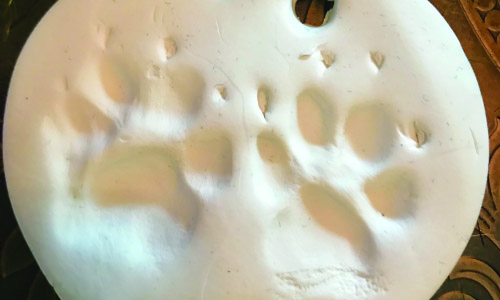
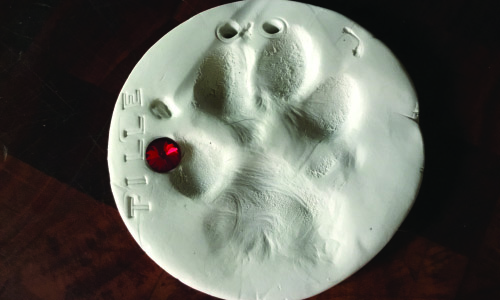
Want to join the South Franklin Animal Hospital patient family? Send us a message or give us a call today!
Phone:
615-595-2337
Personal Email:
cherylssdvm@gmail.com
Follow Us On Facebook
Find Us On Google
Leave A Review
Business Hours:
Monday, Wednesday, Friday:
7:00 AM to 5:00 PM
Tuesday:
Closed
Thursday:
7:00 AM to 3:00 PM
Saturday:
7:00 AM to 12:00 PM
*Closed the first & last of the month
Sunday:
Only Boarding from 4:00 PM to 5:00 PM
